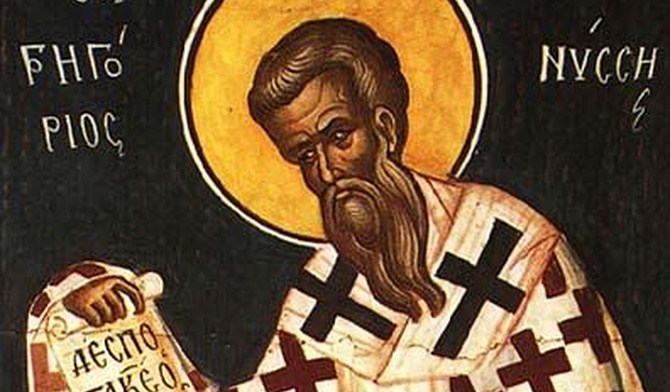Lactantius on the Golden Rule
"When the affairs of men were in this condition, God pitied us, revealed and displayed Himself to us, that in Himself we might learn religion, faith , purity, and mercy; that having laid aside the error of our former life, together with God Himself we might know ourselves, whom impiety had disunited from Him, and we might choose the divine law , which unites human affairs with heavenly, the Lord Himself delivering it to us; by which law all the errors with which we have been ensnared, together with vain and impious superstitions , might be taken away. What we owe to man , therefore, is prescribed by that same divine law which teaches that whatever you render to man is rendered to God . But the root of justice , and the entire foundation of equity, is that you should not do that which you would be unwilling to suffer, but should measure the feelings of another by your own. If it is an unpleasant thing to bear an injury, and he who has done it appears unjust , transfer to...
